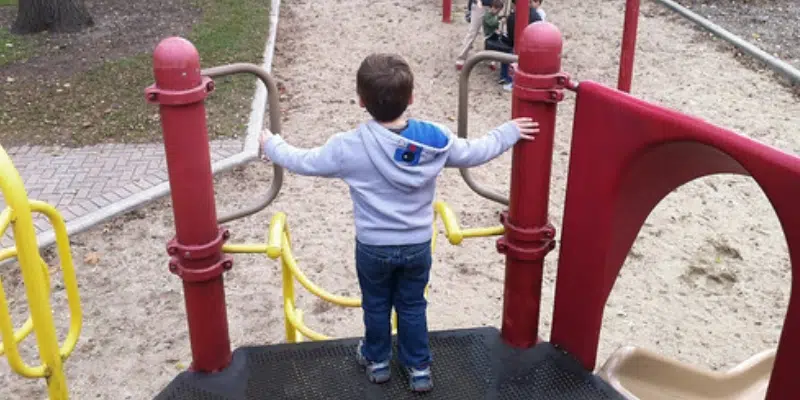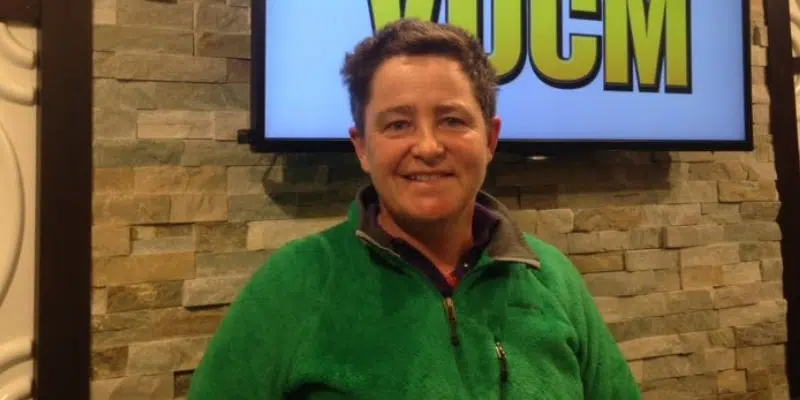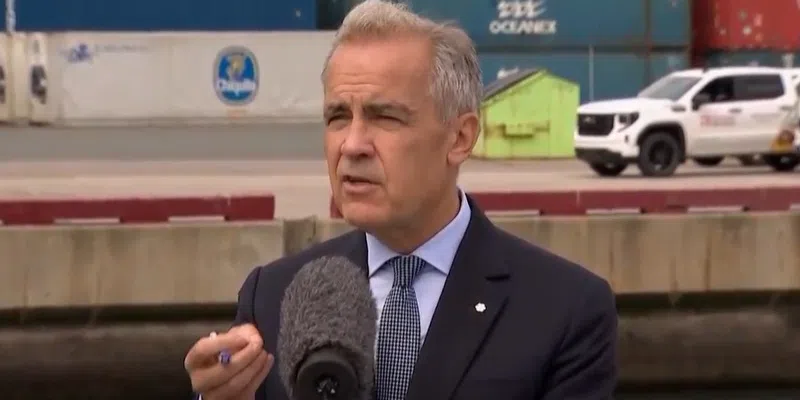The Canadian Pediatric Society’s latest report underscores the need for risky outdoor play in children’s development, alongside measures to prevent injuries.
The organization says thrilling and exciting play that involves the possibility of physical injury can improve physical and mental health
Professor of the MUN School of Human Kinetics and Recreation, TA Loeffler, says she is 100 per cent in support.
She says she’s an advocate for outdoor time and risky play. She says that doesn’t mean it’s a free-for-all, but taking off the “bubble wrap” can help children learn how to keep themselves safe.
Loeffler says it’s totally understandable that parents and guardians want to keep their children safe, but risky play teaches children how to manage risks.
She says if they don’t practice managing risks and expanding their limits as children, they will do it as young adults, when the risks are even greater. She says children need to practice and “stretch a bit”.
























